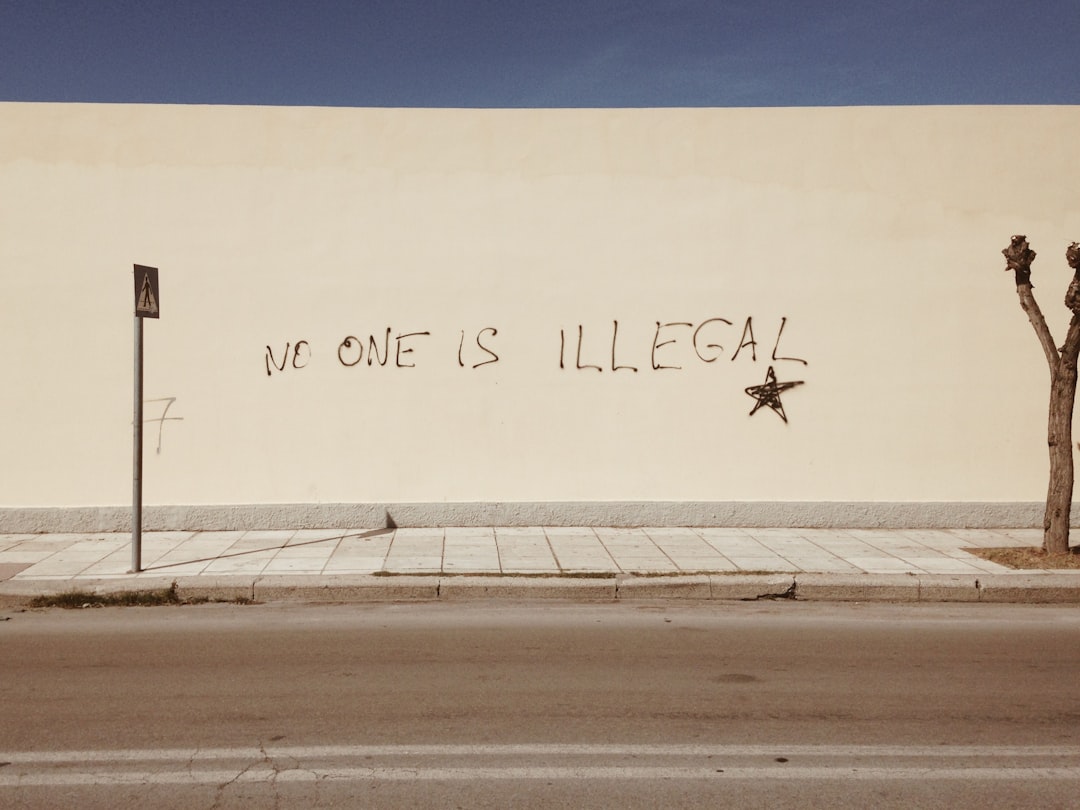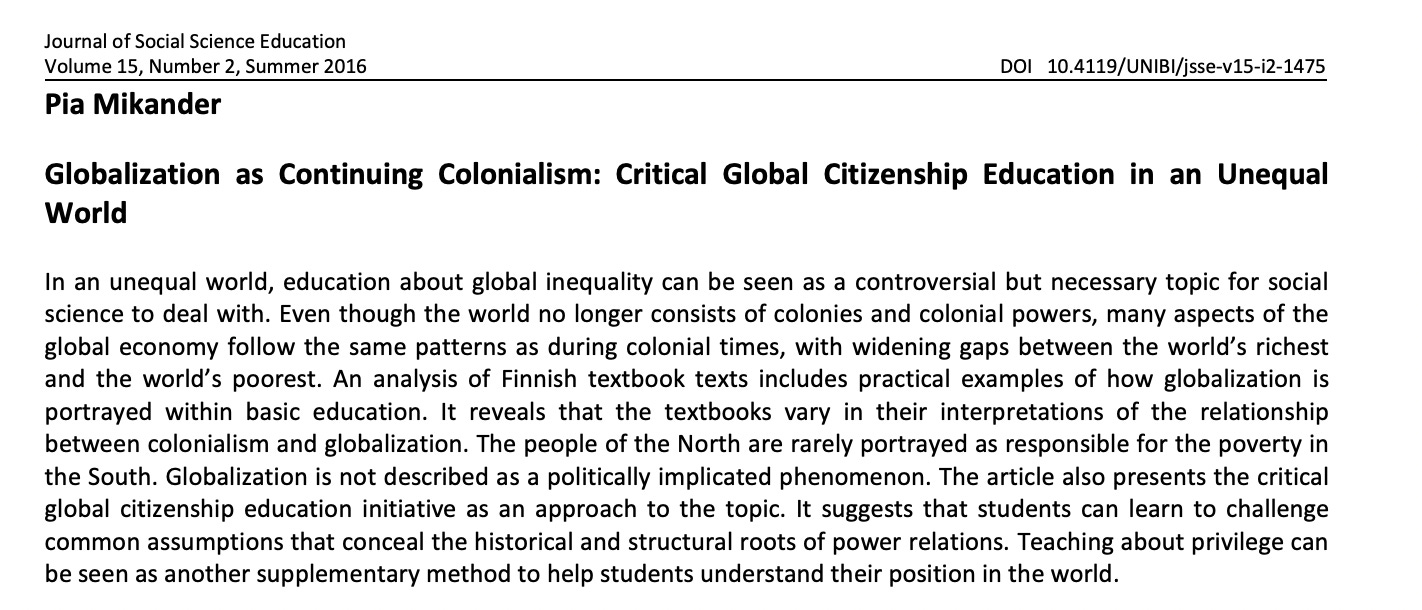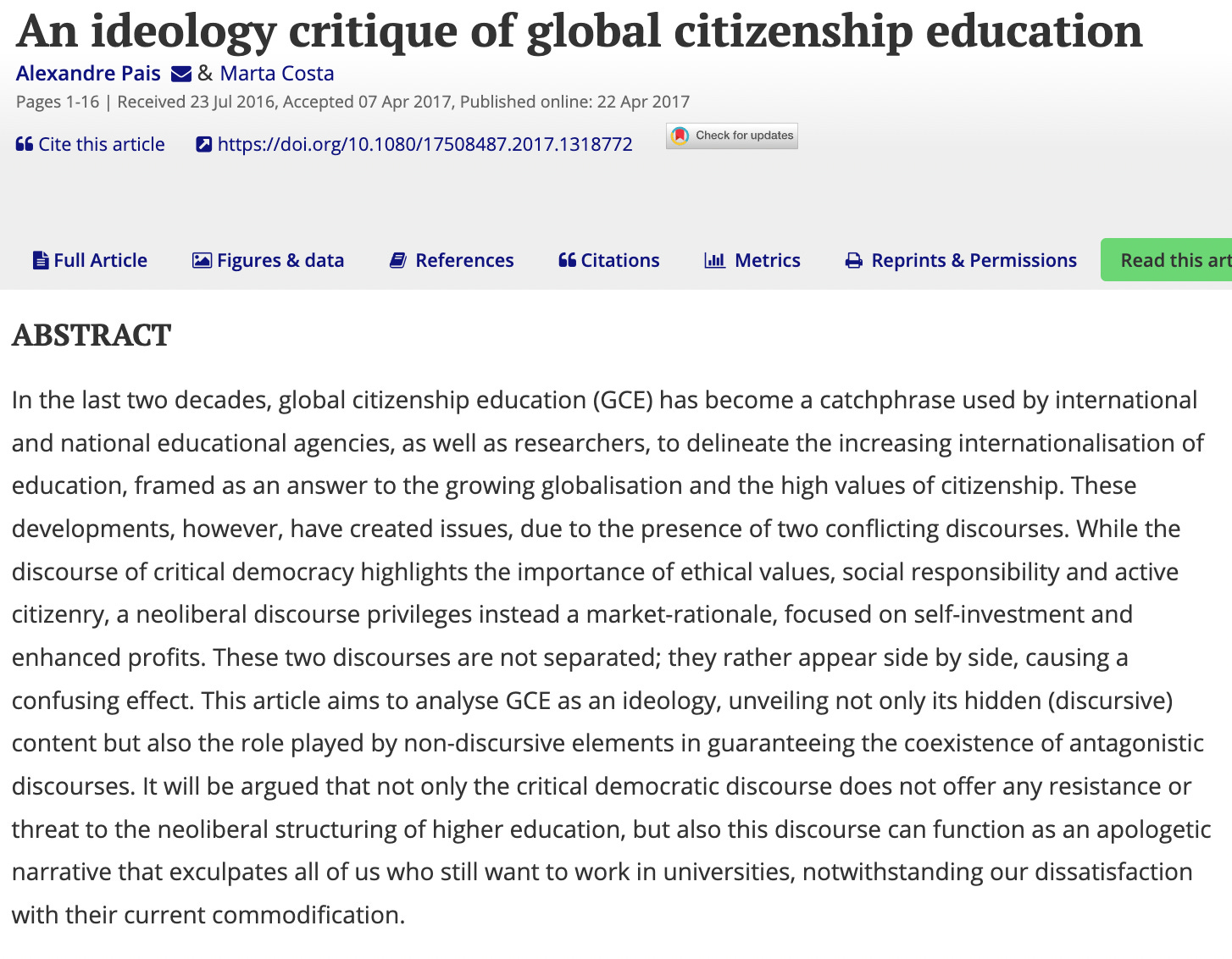The Problem With the "Woke Test."
Wokeness is not a collection of all the things one ideological position disagrees with.

Individual Differences Research’s “Woke Test” is bad. So bad that some of the statements attributed to wokeness would have the speaker cancelled in a heartbeat if they expressed them in a genuinely Critical Social Justice (CSJ) environment. I addressed some of the most problematic statements here. Assuming woke refers to CSJ and not a strange mixture of it with 2nd wave feminism, blank slatism, liberalism, neo-liberalism, libertarianism, antisemitism activism and climate science, you will not find out whether you have any ideas in common with the ‘woke’ activists by using this test. The problem arises in the definitions. There are eight facets.
Fighting Power involves (what the woke see as) a critical understanding of societal structures, power dynamics, and the roots of oppression. For people who are woke, fighting power entails resisting or negating the historical and ongoing impact of discrimination based on race, gender, sexual orientation, class, and other social categories.
Yes, Wokeness is a Critical understanding of societal structures, power dynamics and the roots of oppression. For an understanding of the concept of “Critical” see here. Scroll down to Sensoy & DiAngelo spelling it out.
No, opposing discrimination and the social aftermath of discrimination based on race, gender, sexual orientation, class and other social categories is of importance to people all over the political spectrum.
I suggest instead:
1) Fighting power involves a Critical understanding of societal structures, power dynamics and the modes of oppression. For people who are ‘woke,’ power is directly connected to knowledge which is culturally constructed by the powerful in the interests of the powerful and then perpetuated by everybody through discourses - ways of talking about things.
Social Justice translates into what those who are woke see as an active engagement in the struggle for social justice. This engagement can take various forms, such as participating in protests, organizing community initiatives, supporting marginalized groups, and advocating for policy changes.
No, this is the mainstream understanding of social justice - the aim for a just society. See Sensoy and DiAngelo in the text above explaining why this is wrong. People all over the political spectrum participate in protests, organise community initiatives, support marginalised groups and advocate for policy change. You do not become woke if you march against abortion rights, stand outside abortion clinics, claim Christians to be oppressed and organise on behalf of them or lobby for tighter measures or the abolition of abortion.
I suggest instead:
2) Social Justice translates into an active engagement with systems of power, knowledge and language. This takes the form of trying to make people aware of unconscious biases which have been theorised to exist in everyone and take the form of things like white supremacy, imperialism, patriarchy, homophobia, transphobia, fatphobia, ableism and more. By making people become aware of the unconscious biases they have but are unaware of (making them ‘woke’), they can start to dismantle them. Then by controlling language, they can reduce the harmful discourses that perpetuate oppression.
Challenging Norms entails uprooting or fighting what those who are woke see as the prevailing oppressive norms and assumptions that perpetuate injustice in society. Their commitment to challenging norms encourages questioning the status quo, examining one's own biases, and disrupting systems that perpetuate inequality.
Yes, good. Carry on. Bear in mind, though, that what the woke consider the ‘status quo’ looks much more like a particularly conservative religious community in the American Deep South circa 1950 than current day reality.
Alternative Knowledge denotes an ongoing process of learning and engagement with what those who are woke see as marginalized lived experiences and ways of knowing. It involves staying informed about how minorities or other cultures may have alternative ways of doing or understanding the world and engaging in critical dialogue with them, educating oneself on one’s understanding of the world as it derives from these diverse perspectives.
Kind of. The first sentence is most important. “What the woke see as marginalised lived experiences and ways of knowing.” This does not generally bear a close resemblance to what minority groups really do experience or what they really do consider to be knowledge. Instead it bestows upon such groups orientalising narratives about what certain groups are theorised to experience or know. It often comes as a shock to a South Asian doctor or engineer entering a new role in a Western country to learn that, actually, science is a white western thing. Black Americans are typically not very happy to be informed that they lack individuality or a work ethic, either.
Intersectional Solidarity entails what those who are woke see as fostering empathy towards marginalized groups and a sense of solidarity with those fighting for social change. It involves recognizing shared humanity and advocating for the rights and dignity of all individuals.
Hell, no. Are you mad? You can’t go around talking about individuals and recognising shared humanity if you want to be woke. This is a way of exempting yourself and everybody else from the systems of oppressive power in which you/they are complicit. It is the “All Lives Matter” narrative and extremely problematic. Recognising shared humanity and advocating for the rights and dignity of all individuals is liberal humanism (this is a Western way of knowing that justified colonialism and is closely linked to white supremacy). Robin DiAngelo would inform you that you are a “Nice Racist” if you do this. Have a section of her book on the subject.
I suggest instead:
5) Intersectional solidarity is about recognising one’s positionality within the oppressive power dynamics that are largely invisible to the majority of privileged people who have not developed the critical consciousness (or wokeness) to see them. It is essential to recognise that as a white person, you cannot understand the Black experience and as a man, you will not see the world as women do and if you are cisgender (not trans), you will inevitably miss all but the most obvious transphobia. Your privileged position in society means you have been socialised into ignorance and will do harm perpetually to marginalised groups of people. You must shut up and listen to the feedback of people of color, trans people, women (as long as they are woke) and accept it. You do not need to understand it. Do not expect any of your experiences to be universal or to be able to enter into the feelings of others. This is whitewashing, whitesplaining, mansplaining, cisplaining. Sit down and listen. But nobody has to educate you.
6.Empowering Underdogs: According to the proponents of the woke movement, morally conscious individuals have an ethical duty to empower marginalized individuals and communities so as to challenge injustice and create a more equitable society. Those who are woke believe that the collective power of such actions will bring about positive change.
Yes, they do. “Underdogs” is problematic in the extreme, though. Avoid dehumanising language like that and remember that not all cultures are obsessed with dogs like white people are. In some cultures, calling someone a dog is extremely offensive.
Also remember only to empower those members of marginalised communities who already agree with your Critical Social Justice (woke) ideology.
7.Global Citizenship: Among those who are woke, the moral and ethical change that they seek extends beyond local and national borders, recognizing the interconnectedness of global issues and the need for solidarity across communities. People who are woke therefore tend to promote a global perspective on social justice and human rights, often advocating for migration and employing slogans like “no human being is illegal.”
No. They don’t. This simply isn’t how Critical Social Justice (woke) movements see globalisation or global citizenship. This is quite tricky to explain so I encourage anybody who wants to see this for themselves to go into Google Scholar and search the terms “globalisation” and “global citizenship”. You will find that journals publishing in neutral or positive terms on this are not ‘woke’ and those that are woke will usually be referring to it as a continuation of colonialism, imposing Western culture on the rest of the world and also critiquing it on the grounds of being a mode of unrestrained capitalism which exploits the poorer countries of the world. They look like this:
The phrase “No human being is illegal” does not have its origins in Critical Social Justice. It was said by the Nobel Laureate, humanitarian, prolific author and Holocaust survivor, Elie Wiesal. Prof. Wiesal wrote and spoke about antisemitism and the holocaust, supported the State of Israel and condemned humanitarian atrocities including the Armenian genocide and the actions of Hamas. His centre for humanity was particularly concerned about dehumanisation and it was in this context he spoke:
“Because once you label a people ‘illegal,’ that is exactly what the Nazis did to Jews.’ You do not label a people ‘illegal.’ They have committed an illegal act. They are immigrants who crossed illegally. They are immigrants who crossed without papers. They are immigrants who crossed without permission. They are living in this country without permission. But they are not an illegal people.”
“No human being is illegal” is not a statement of commitment to open borders. It is a reminder that these people are human beings. Some of the people who say this may well be woke but this is not a woke position. I too am deeply concerned about dehumanising rhetoric around immigration and I am not remotely woke.
I suggest instead:
A commitment to cultural relativism, a negative and intensely critical view of the West combined with a rather rose-tinted view of formerly colonised countries. Difficultly detecting the difference between patriotism and xenophobic nationalism, a wish to decolonise everything even when they are not actually colonised and a tendency to regard any criticism of other cultures or a wish to preserve ones own as racist.
Climate Sustainability: Proponents of the woke movement see the climate crisis not just as a serious threat to the planet but also preoccupy their thoughts with how climate change can have an impact on vulnerable communities, such as those in developing countries. To them, climate change is thus not just a scientific or economic issue, but a moral one, deeply interwoven with their quest for social justice.
Climate activism does overlap with CSJ activism but considering anthropogenic climate change to be a real thing, a moral issue and being concerned about the impacts of it on developing countries is not itself a ‘woke’ position. Yet one of the questions is: “The climate is always changing: What we’re going through now is just another natural cycle.”
This cannot possibly determine how ‘woke’ an individual is. It is a scientific truth claim. It is either true or false. One should believe it if there is sufficient evidence to accept (provisionally) that is true and disbelieve it if there is sufficient evidence to accept that it is not. “I don’t know” is also acceptable. While some people do, regrettably, base their opinions about the heating of the planet on their views about the ethics of wokeness, this level of epistemological relativism cannot be accepted as a norm. This would indicate that 97% of climate scientists are woke which is highly implausible. Perhaps the writers of this question did not anticipate it being answered by any scientists or well-informed laypeople who would answer on the balance of evidence rather than their political view, but, if not, they should have.
I am neither a scientist nor a well-informed layperson. I (provisionally) accept the scientific consensus on climate change because I have not yet been given any reason to believe the atmospheric sciences to have been ideologically captured or to think that ‘other ways of knowing’ do as well as science for answering questions about it. Nevertheless, I answered the test carefully giving all the presumed ‘anti-woke’ answers to everything except the climate science ones to which I answered ‘neither agree nor disagree’ because this would most accurately represent the state of my independently acquired knowledge of climate change. It seems I now have one exception to my anti-wokeness.
As mentioned, I am not a scientist, but I suspect this is not very scientific.
I suggest instead:
Not doing this. We cannot efficiently oppose “wokeness” unless we take the time to know what it is.







I consider wokeness to be "activist mysticism." I got the phrase from Eric Vogelin. He wrote that while the ersatz political religions of the modern world have borrowed Christian providentialism, they only ever offer “depictions of a desirable final state that are designed as negatives of some specific evil in the world.” For example, anti-racism is the only antidote to racism. The underlying body of theory to this position is bogus and yet the project proceeds on faith alone. Curious to know what you think.